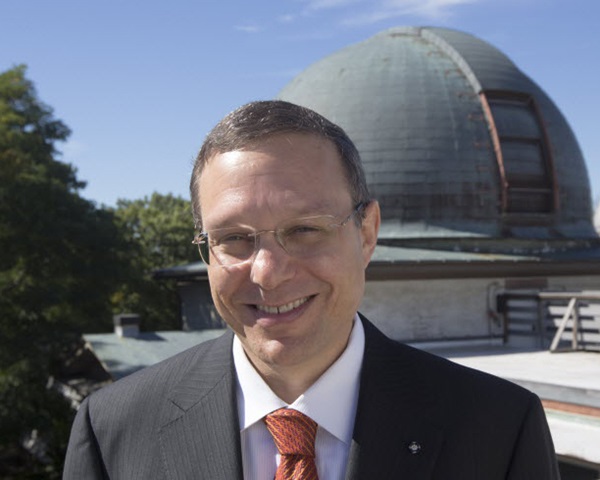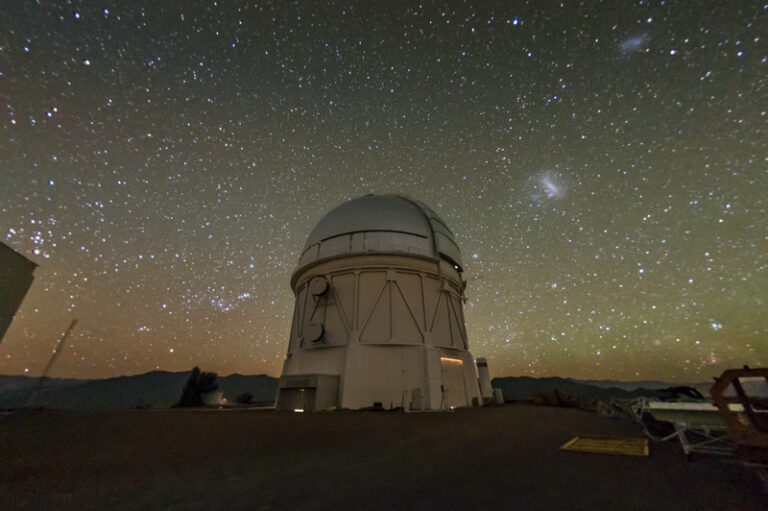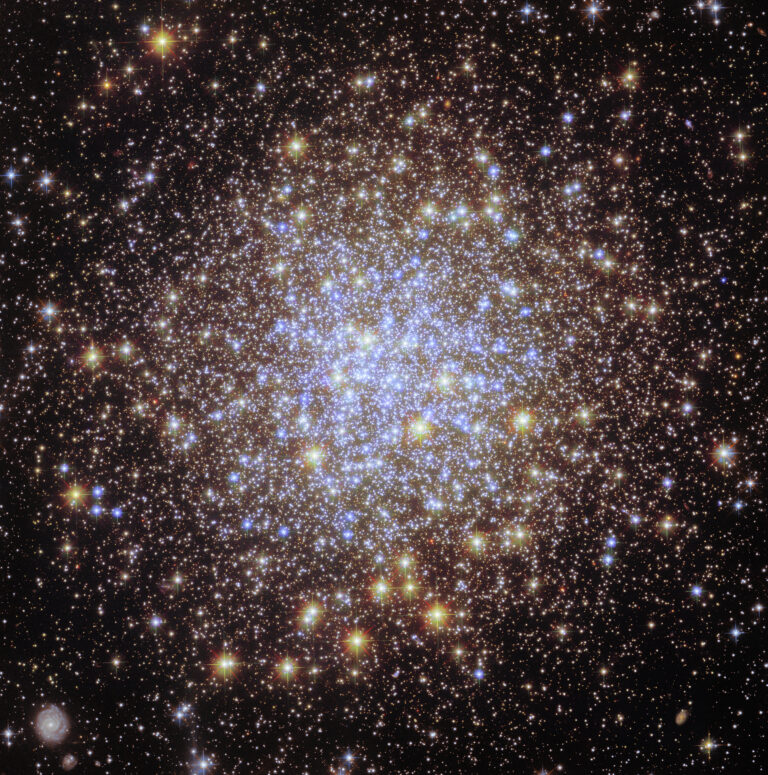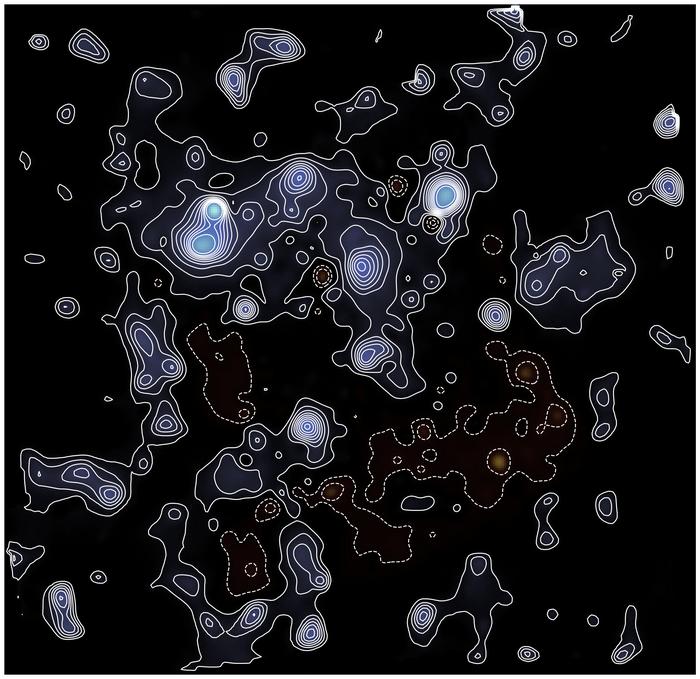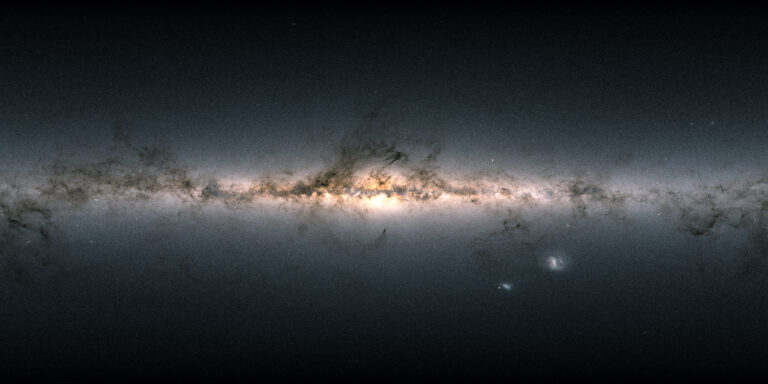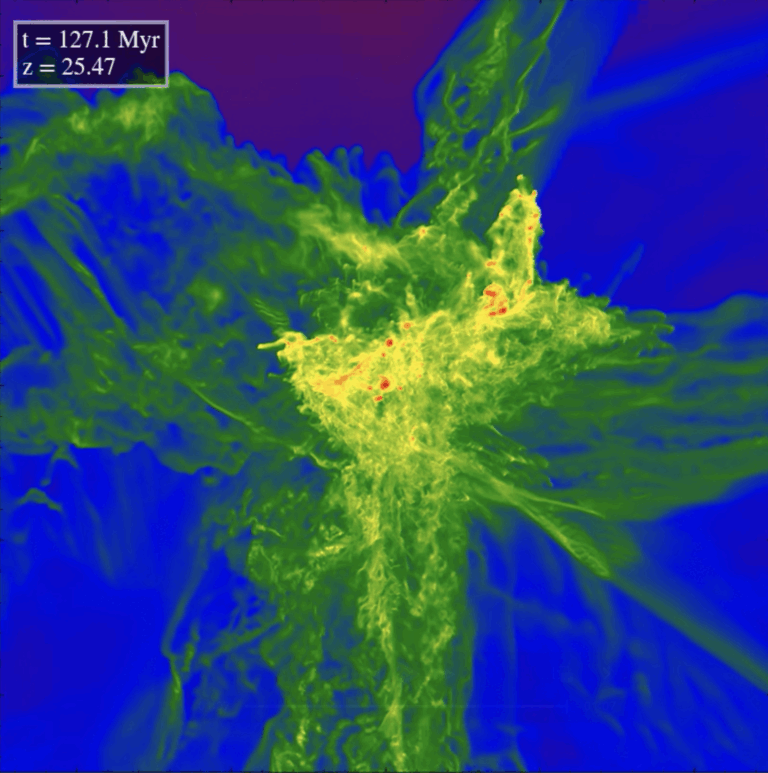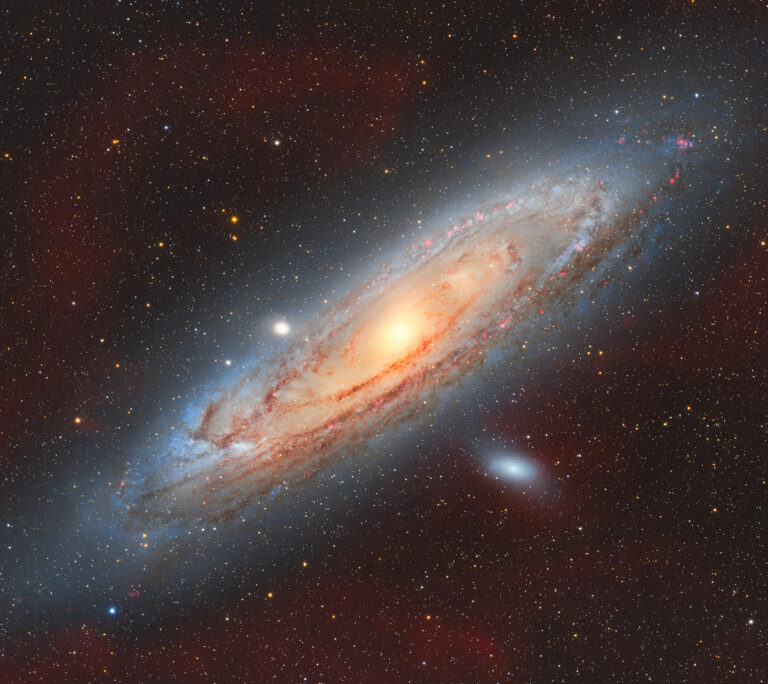In this hourlong conversation with Editor David J. Eicher, Loeb explains the unconventional way he got into astrophysics, having originally wanted to study philosophy. He goes on to talk about how his background has inspired him to push for diversity in the field of astronomy and why he feels it’s important to have “different matches in your matchbox” at Harvard in order to continually challenge mainstream thinking [9:35]. Eicher next asks about Loeb’s studies in cosmology, and the professor discusses the state of knowledge about the first stars and galaxies and the role computer simulations play in our understanding [20:44]. Finally, Loeb turns the expansion of the universe and the fate of the galaxy [37:18] before concluding by highlighting some of his latest research on runaway stars, black holes, and the search for life in the universe [50:00].

